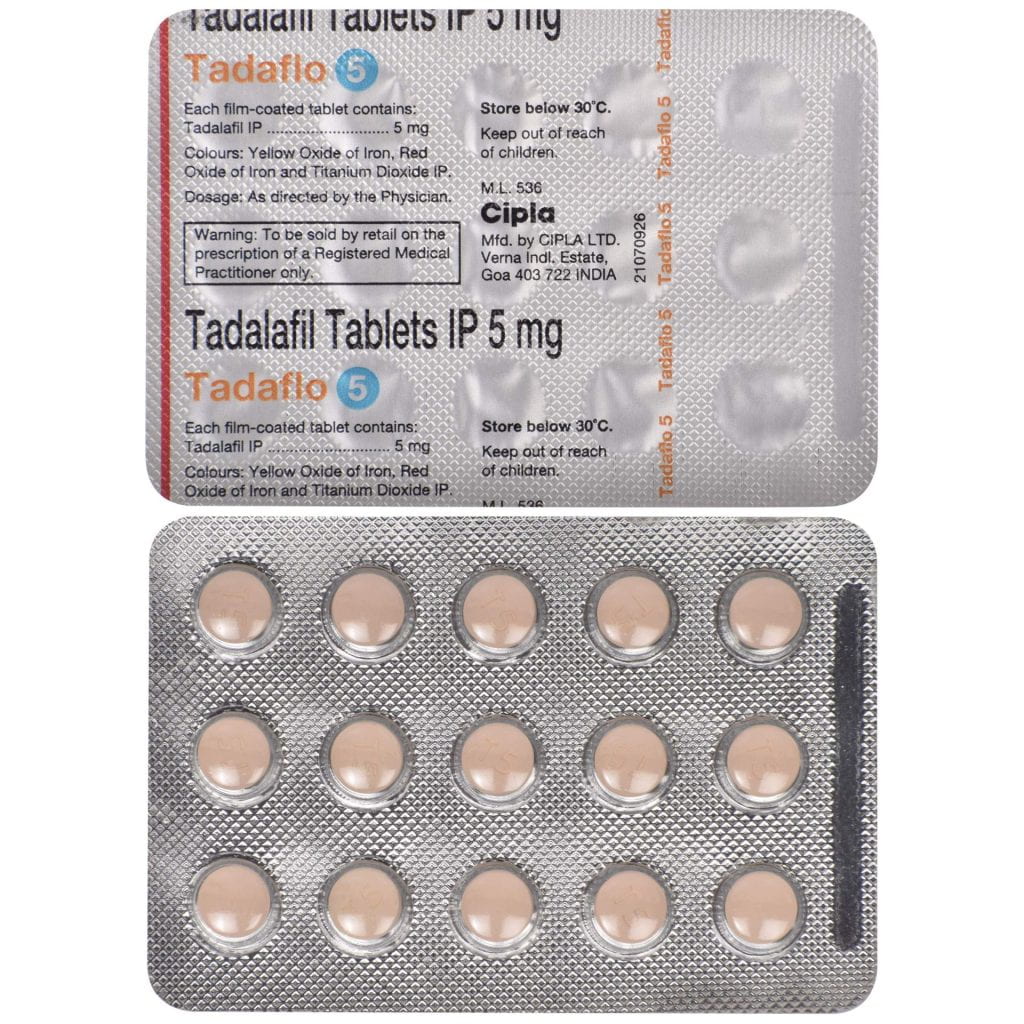
Erectile dysfunction (ED) is often thought of as a primarily physical problem related to blood flow to the penis. However, psychological factors can also play a significant role in the development and persistence of erectile dysfunction. In this article, we will discuss the role of psychological factors in erectile dysfunction and how they can be addressed for effective treatment.
Psychological factors, such as stress, anxiety, depression, and relationship issues, can contribute to the development of erectile dysfunction or worsen existing symptoms. The mind and body are intricately connected, and psychological factors can impact physical functioning, including sexual health. It is important to consider both physical and psychological factors when diagnosing and treating erectile dysfunction.
Stress can disrupt the normal functioning of the body, including the reproductive system. High levels of stress can lead to increased production of stress hormones that can negatively affect sexual desire, blood flow to the penis, and hormone levels. Similarly, anxiety and performance anxiety related to sexual activity can create a vicious cycle of worry, leading to increased difficulty achieving or maintaining an erection.
Depression, a common mood disorder characterized by feelings of sadness, hopelessness, and a loss of interest in activities, can also contribute to erectile dysfunction. Depression can affect hormone levels, disrupt sleep patterns, and reduce sexual desire. Additionally, the use of certain antidepressant medications can cause or worsen sexual problems, including erectile dysfunction.
Relationship issues, such as communication problems, unresolved conflicts, or lack of emotional intimacy, can also impact sexual functioning. The quality of the relationship and the level of emotional connection between partners play a significant role in sexual satisfaction cialis 20 mg prezzo generico. Addressing relationship issues through couples therapy or counseling can help improve sexual well-being and overall relationship satisfaction.
The treatment of erectile dysfunction caused by psychological factors often involves a combination of approaches. Here are some potential treatment options:
1. Therapy or Counseling: Talking to a mental health professional, such as a therapist or psychologist, can help address underlying psychological factors contributing to erectile dysfunction. Therapies such as cognitive-behavioral therapy (CBT) or sex therapy can provide valuable tools and strategies to manage stress, anxiety, and relationship issues.
2. Medication Adjustment: If erectile dysfunction is a side effect of antidepressant medication, your healthcare provider may adjust the dosage or switch to a different medication to minimize sexual side effects.
3. Couples Therapy: If relationship issues are contributing to erectile dysfunction, couples therapy can help improve communication, address conflicts, and enhance emotional intimacy.
4. Stress Management Techniques: Learning and practicing stress management techniques, such as relaxation exercises, mindfulness, or meditation, can help reduce stress and anxiety levels, improving overall sexual well-being.
5. Support Groups: Joining a support group or seeking support from others who have experienced erectile dysfunction can provide validation, guidance, and coping strategies.
It is important to note that addressing psychological factors may not completely resolve erectile dysfunction if there are underlying physical causes. A comprehensive evaluation by a healthcare professional is necessary to identify and address both physical and psychological factors effectively.